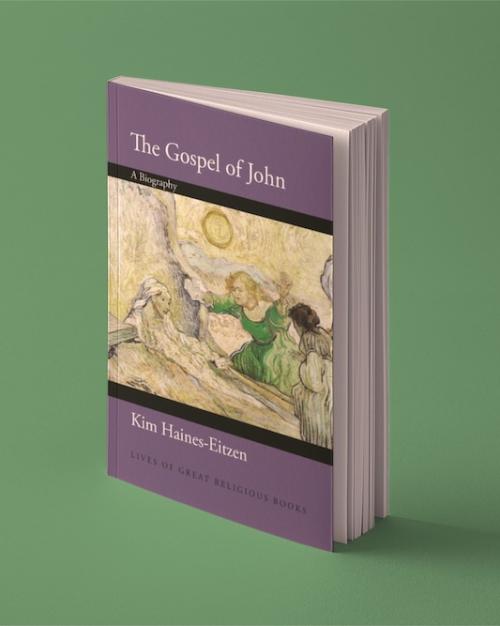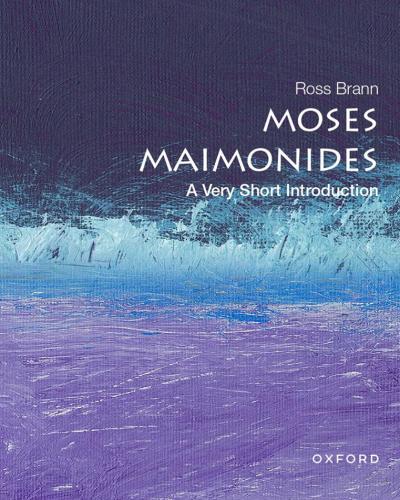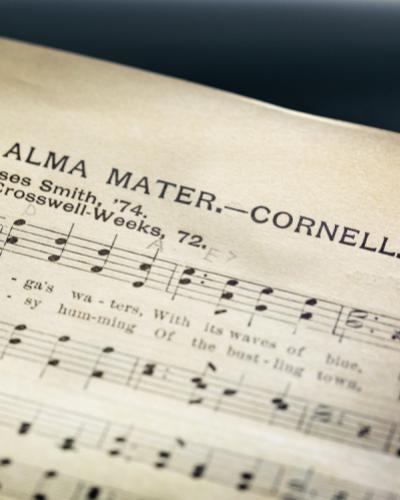All Fall 2020 courses
Read on for highlights of some of the new and interesting courses on offer this fall.
Applied towards NES major
Wondrous Literatures of the Near East (NES 2754)
Tuesday, Thursday 3:00-4:15 online
3 credits
This course examines Near East's rich and diverse literary heritage. We will read a selection of influential and wondrous texts from ancient to modern times, spanning geographically from the Iberian peninsula to Iran. We will trace three major threads: myths of creation and destruction; travel narratives; and poetry of love and devotion. Together we will read and discuss such ancient works as the 'Epic of Gilgamesh' and 'The Song of Songs,' as well as selections from medieval works such as the 'Travels' of Ibn Battuta, the 'Shahnameh' of Ferdowsi, poetry of Yehuda HaLevi, and The Thousand and One Nights. The modern unit will include work by Egyptian Nobel Laureate, Naguib Mahfouz. Students will also have the opportunity to research and analyze primary source materials in the collections of Cornell Rare Books and Manuscript Collection, and the Johnson Art Museum. All material is in English translation.
New Sections
The US and the Middle East (NES 3687)
Section added for students not enrolled in the Cornell in Washington Program
Offered online
This seminar examines the history of the United States’ involvement with Middle East beginning with evangelical efforts in the 19th century and President Wilson’s engagement with the colonial powers in the early 20th century during and after WWI. The discovery of vast Middle Eastern oil reserves and the retreat of the colonial powers from the region following WWII drew successive US administrations ever deeper into Middle Eastern politics. In due course the US became entrenched in the post-colonial political imagination as heir to the British and the French especially as it challenged the Soviet Union for influence in the region during the Cold War. And that only takes the story to the mid-1950s and the Eisenhower administration. Our discussions will be based on secondary readings and primary sources as we interrogate the tension between realist and idealist policies toward the Middle East and trace how these tensions play out in subsequent developments including the origins and trajectory of the US strategic alliances with Israel, Saudi Arabia, Egypt, Jordan, and Turkey and conflict with Iran after the 1979 Islamic Revolution and the two Gulf Wars.
New Courses
Jews, Christians, and Others in Late Antiquity (NES 3888)
TR 9:55-11:10 online
4 credits
This course explores the interactions between Jews, Christians, and other religious groups in late antiquity, especially in Sasanian Persia circa the first through seventh century C.E. Students pay particular attention to the portrayals of Christians in Jewish rabbinic literature, including Midrash and Talmud, but also draw from early Christian, Zoroastrian, Manichaean, and other sources. There will be an emphasis on the reading of primary texts in translation in their appropriate historical contexts, and in comparison with one another. Students engage such questions as: How did Jews define themselves in relation to Christians, and vice versa? In what ways did Jews and Christians part ways with one another, as scholars often maintain, and what were the factors at play in their separation? And, lastly, what role did other religious and political groups, such as Gnostics, Zoroastrians, Romans, Mandaeans, Manichaeans, and early Muslims play in these developments?
Archaeology of the Phoenicians (NES 4550)
Friday 11:30-1:55 online
4 credits
The Phoenicians have long been an enigma, a people defined by distant voices. Originating from present-day Lebanon, they were Semitic speakers, renowned seafarers and transmitters of an innovative alphabet that transformed how Mediterranean and Near Eastern folk wrote their languages. Having left us virtually no texts of their own, their history has resembled a patchwork of recollections from Old Testament and Hellenistic times. Recent archaeological discoveries, however, reveal patterns of trade, colonization and socioeconomic transformations that make the Phoenicians less enigmatic while raising new questions. Our class explores the third and second millennium Canaanite roots of the Phoenicians, as well as the Biblical and Greco-Roman perceptions of their early first millennium heyday. We will explore the Phoenician homeland and its colonies, and investigate their maritime economy, language, and religion through both archaeological and textual sources. Temporally the focus is on Phoenician rather than Carthaginian or Punic history, thus up to about 550 BCE. The class has a seminar format involving critical discussions and presentations of scholarly readings, and requires a research paper.





